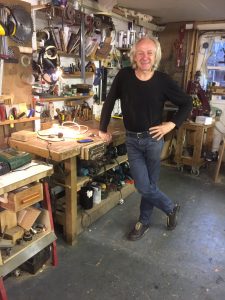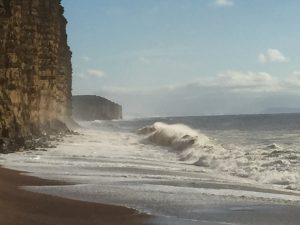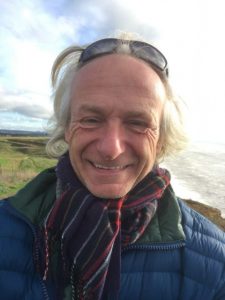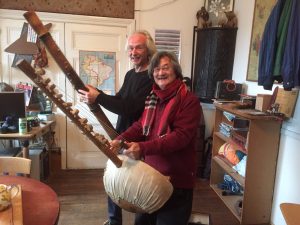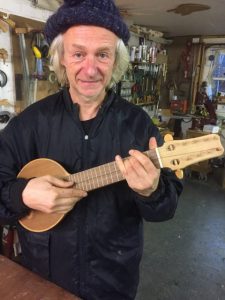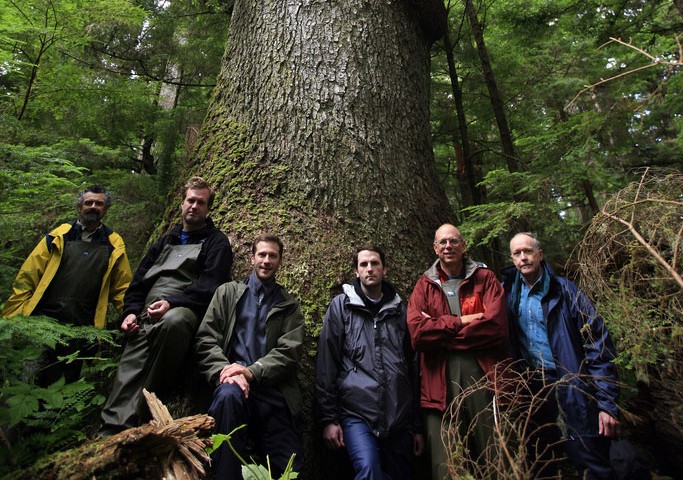[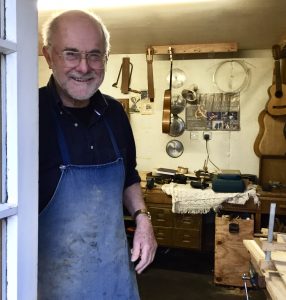 Welcome
Welcome
When Paul Fischer had a stroke a couple of years ago, his friends and family did not know what the outcome would be. As it happened, he recovered enough to speak and to drive again. However, it was a signal to him to ease off on the guitar making. At his peak, Paul was producing 30 or more guitars a year, and he had been doing this since the late 60s when we first met. This was at the workshop of David Rubio, and since then Paul has gone from strength to strength, becoming the doyen of English guitar makers, pioneering the use of alternative woods for the guitar body, and a friend of guitarists, composers, royalty and normal people alike.
After the stroke, he took to teaching guitar making, and out of this, with a student, came the idea of writing a book – “Let the Wood Speak“. This book is a story of Paul’s life told in the easy and engaging way that he talks, and I had the opportunity to ask him about it at one of the many meals we have shared over 40 years at his and Joy’s beautiful house in the Cotswold town of Chipping Norton.
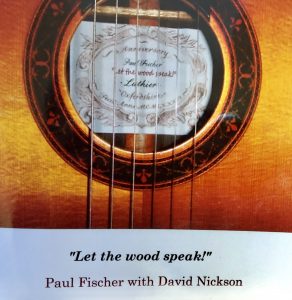
Get the book here
Over the years, Paul and Joy have welcomed many people to their house, and have been generous to a fault, sharing food and ideas with fellow luthiers and musicians. He has also encouraged composers, notably Nic Hooper, Raymond Head and Bill Lovelady, and has been associated with many famous guitarists – Xue Fei Yang, John Mills, Sergio Abreu amongst others.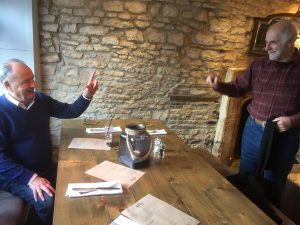
with Bill Lovelady.
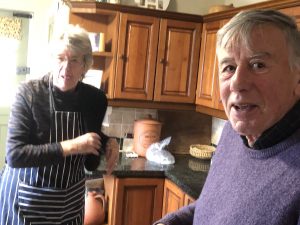
Joy Fisher with Ray Head
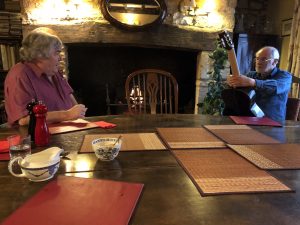
With the late, great, Rob Russell.
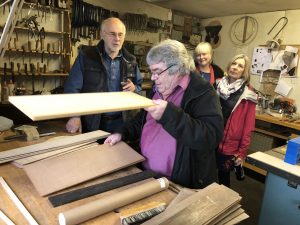
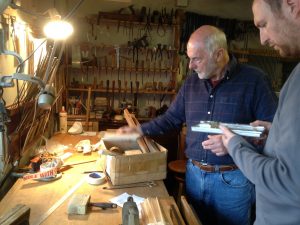
With Oren Myers

